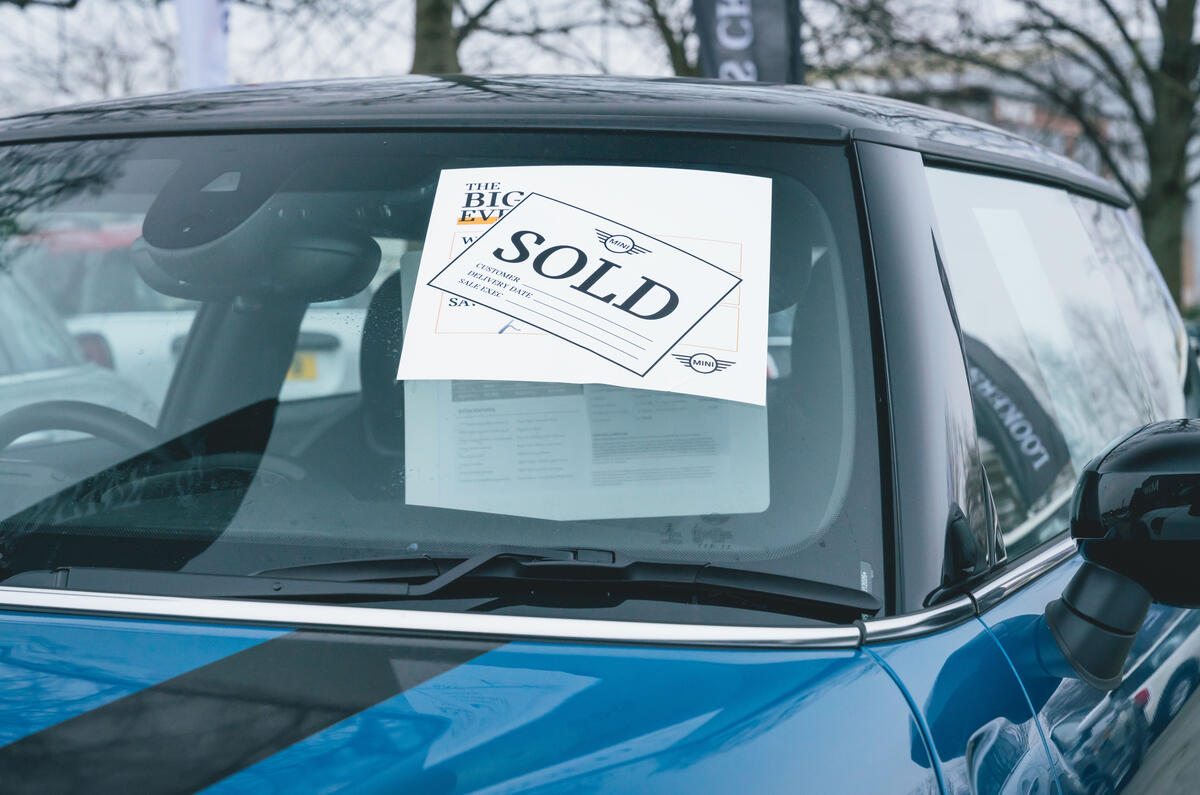Stellantis has throttled sales of combustion-engined cars in the UK in a bid to hit government-mandated sales targets for electric cars this year and avoid paying fines.
That's according to the company’s new head of Europe Jean-Philippe Imparato, who added that the strategy will continue until the end of this year.




Add your comment